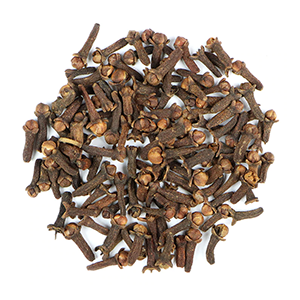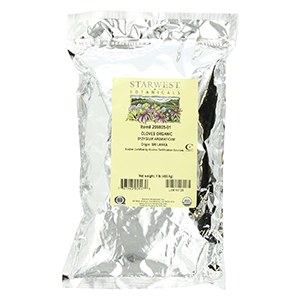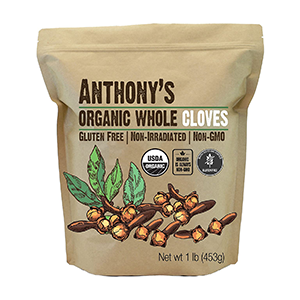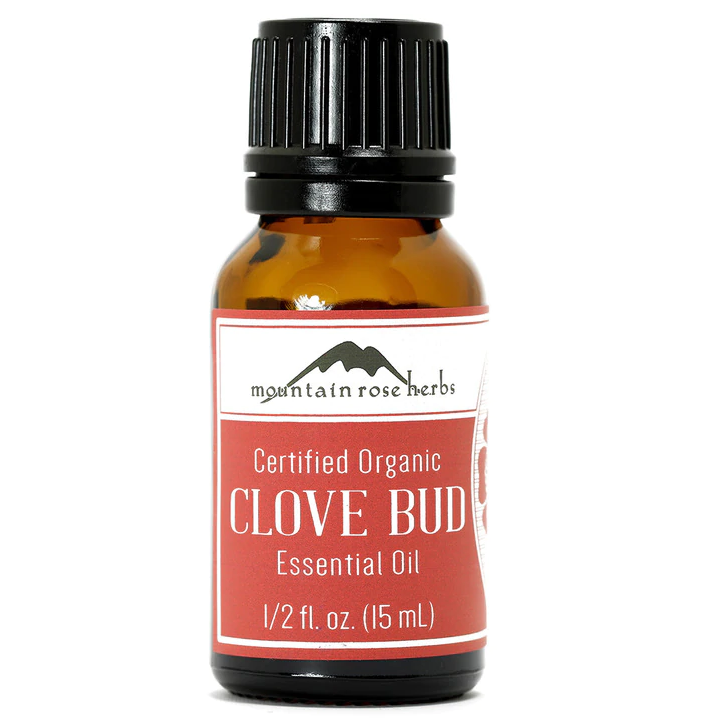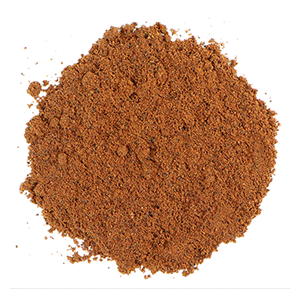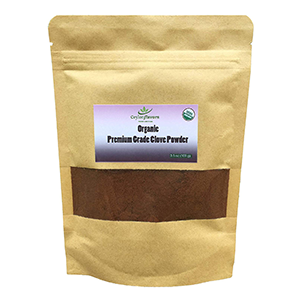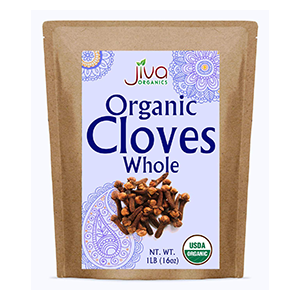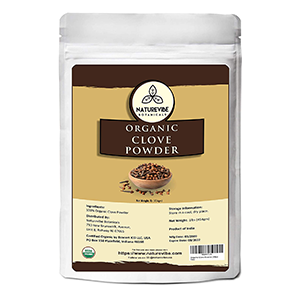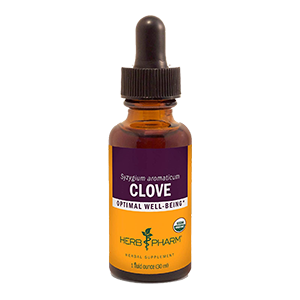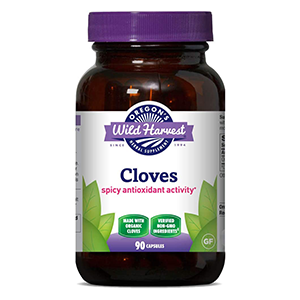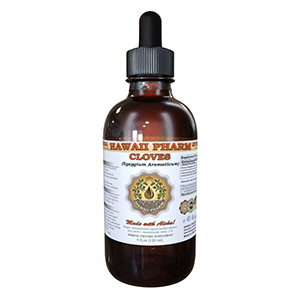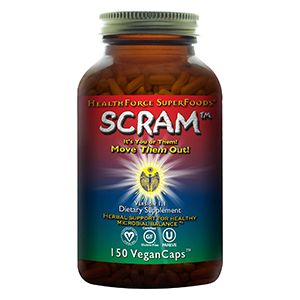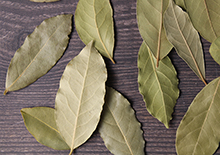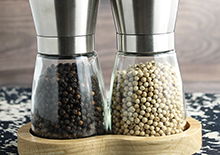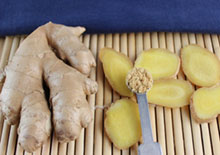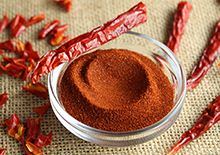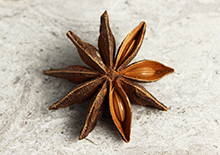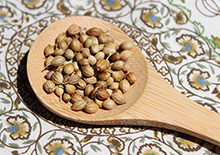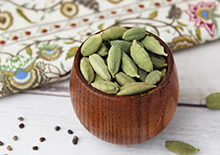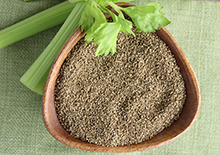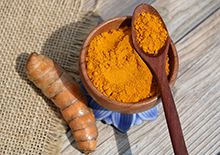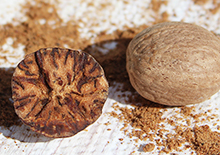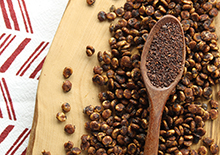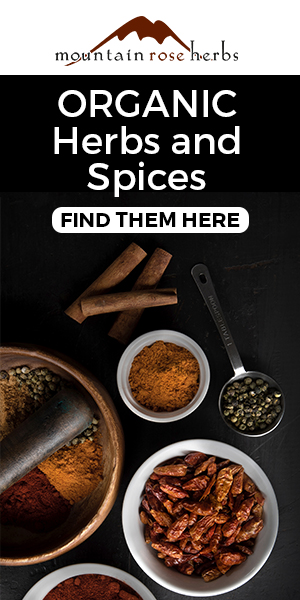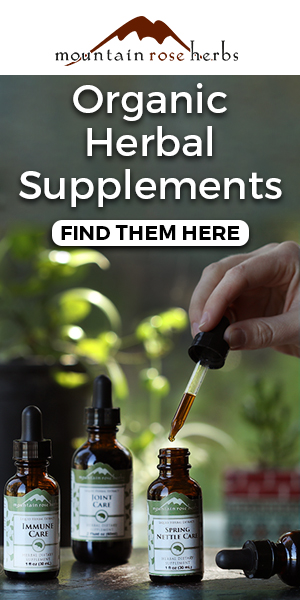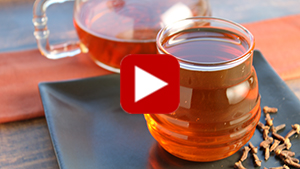- Home
- List of Herbs
- The Power of Clove Tea
The Power of Clove Tea and Clove Oil for Hair Growth
Intro | Benefits | Clove Tea Recipe | How to Consume | For Hair Growth | How to Make Clove Hair Oil | Precautions | Shop
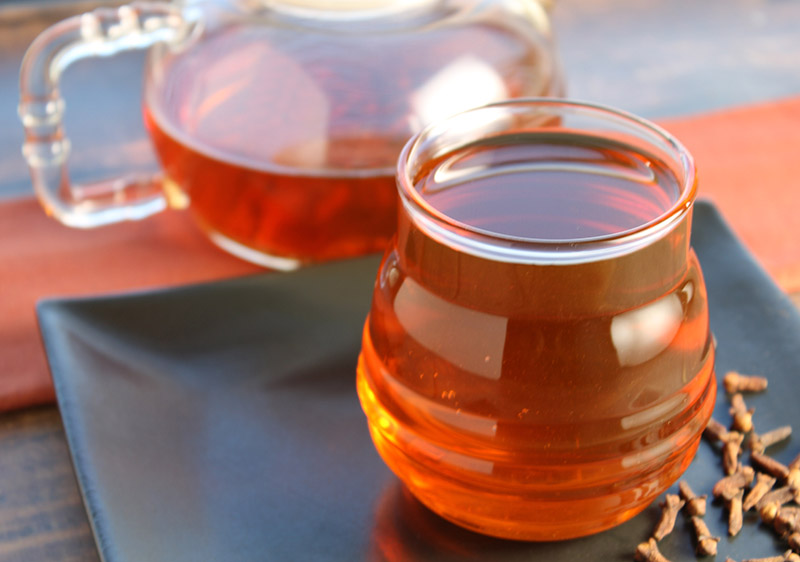
What is the power of clove tea? It's been used for many things both internally and topically throughout the ages. Often valued for its most aromatic and potent antioxidant compound known as EUGENOL, this is one of the secrets to clove that give it exceptional qualities above others.
Many herbs and spices, like nutmeg and allspice, also contain eugenol in smaller amounts, but cloves or the Syzygium aromaticum species is by far the #1 source.
Table of Contents
Intro | Benefits | Clove Tea Recipe | How to Consume | For Hair Growth | How to Make Clove Hair Oil | Precautions | Shop
Clove tea is a traditional herbal anti-inflammatory, antibacterial, respiratory and immune supporting ally. However, the external application of clove tea and clove oil for hair growth is probably one of its most famous uses.
We will show you how to make clove oil and the benefits of using rosemary with cloves for healthy hair and scalp support.
But first, here is a bit more on clove tea, its healing qualities plus a basic clove tea recipe.

More Benefits of Clove Tea
The penetrating pungent bitter-sweet tea has many folk uses as an antimicrobial, circulatory stimulant, digestive aid and analgesic.
Clove tea makes an awesome medicinal drink for scaring away non-beneficial critters like intestinal parasites. In a similar manner, it has been shown to keep fungal gut microbes like candida from getting out of control.
One amazing yet lesser-known power of clove tea is as a natural pain reliever or analgesic. In some research, a combination of clove (with its eugenol content) and rosemary (with its ursolic acid compound) were shown to benefit inflammatory pain in rats tested.
The tea as well as the oil has been highly popularized as a household numbing agent for a painful toothache as well as for its ability to inhibit oral pathogens and promote dental hygiene.
The benefits of clove tea also come into play for alleviating a variety of digestive issues, including nausea, gas, indigestion and diarrhea.
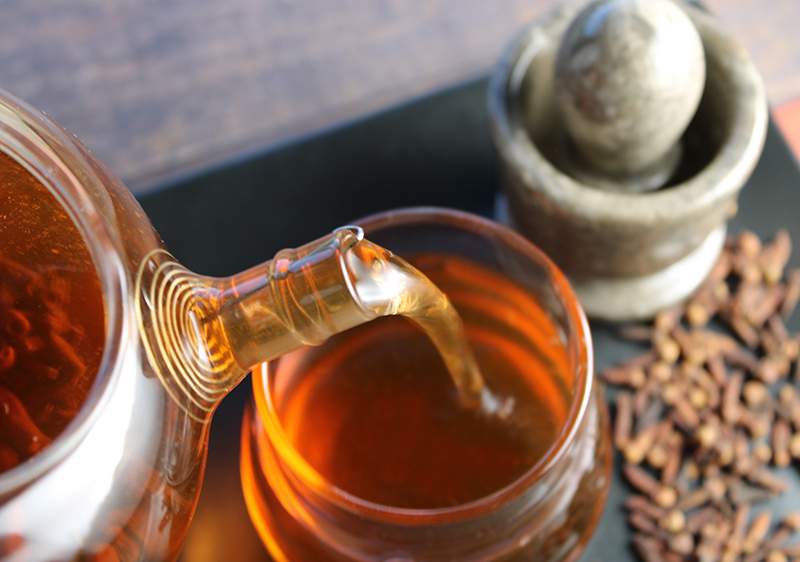
Clove Tea Recipe
The power of clove tea is especially accentuated when you crush the clove buds slightly before adding them to hot water.
This will help to release the eugenol content, the main compound you want in your tea cup.
In our clove tea recipe, we use one quart (4 cups) of water to one tablespoon (8 grams) of cloves.
After you bring the water to a boil, add the crushed cloves and simmer on low heat for 5 minutes. Remove from heat and allow to infuse for 15-20 minutes with a lid.
You can now strain the clove tea infusion through a fine mesh strainer. This recipe will make a little under 4 cups, which can be stored in the fridge and consumed for later use. It can be sweetened as a refreshing clove tea drink or reheated when needed.
How to Consume Clove Tea and Best Time to Drink It
Is clove tea good for you to drink all day? No, usually you want to consume it in small amounts, not more than a cup a day or occasionally two.
To get the most benefits out of the power of clove tea, it is often advised to drink it in the morning or between meals. Because cloves also have energizing properties, you might not want to consume the tea right before bedtime.
Likewise, its potent compounds should only be ingested periodically not on a regular basis, especially when using it in therapeutic doses.
Clove Tea and Clove Oil for Hair Growth
Both the clove oil and tea concentrates have been popular natural remedies for encouraging hair growth. This is because the eugenol and other spicy components in clove buds stimulate the scalp's surface layer, supporting healthy hair by triggering a follicle growth response.
Using a combination of rosemary and cloves is also very common when making homemade hair oil. This is a botanical duo known to have strong actions, not only on hair growth but also collectively holds the perfect antimicrobial properties to keep dandruff at bay.
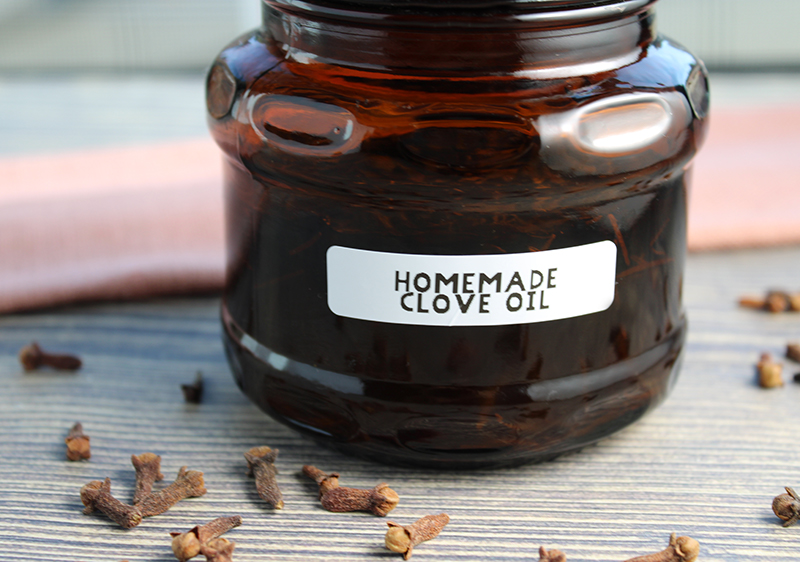
How to Make Clove Hair Oil
When using clove oil for hair growth, the oil is traditionally sourced from homemade oil infusions. This is achieved by heating one cup (236 ml) of olive oil (also good for the hair) and 3 tablespoons (24 g) of whole clove buds together in a pot on a low heat simmer for about 5 minutes. It is optional to add two tablespoons of dried rosemary (or wilted fresh rosemary) after it has cooled.
Customarily, this infusion is left to sit for 2-3 weeks, but it can be used after only a few days.
It is best to strain it through cheesecloth, allowing it to slowly drip into a jar or bowl. The use of a squeeze bottle works best when using clove oil for hair growth applications and massaging it directly on the scalp.
Don't forget that a 24-hour infusion of clove tea can also be used in a spray bottle for misting the hair and encouraging healthy hair growth.
Precautions:
Consult your doctor before using clove tea if you are taking prescribed medications or have a serious medical issue. The power of clove tea should be avoided when pregnant or nursing.
Shop Related Products (About Affiliates & Amazon Associate Paid Links)
Affiliate Disclaimer: This section contains affiliate product links. If you make a purchase through our recommended links, we receive a small commission at no additional cost to you. Thanks for the support.

